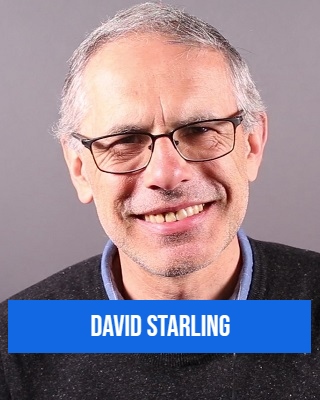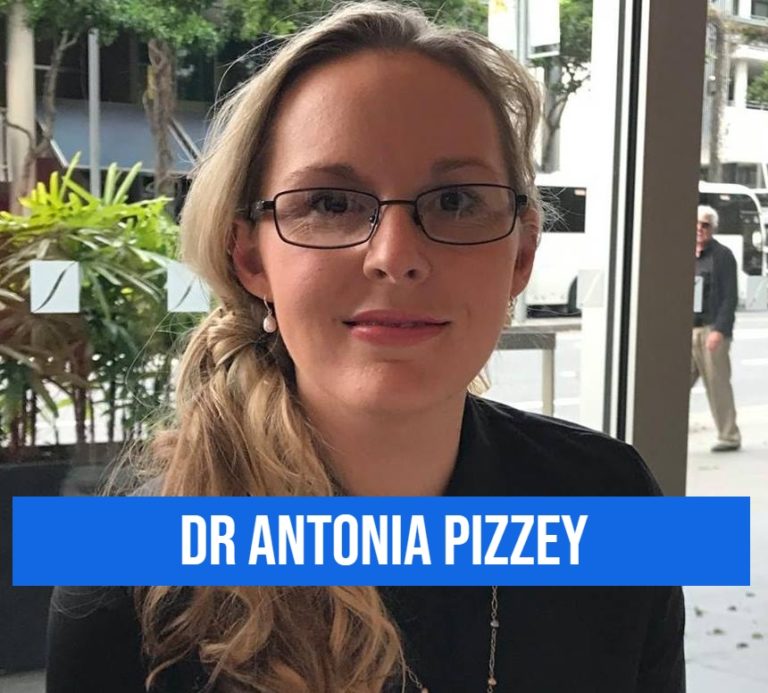It’s roughly one month before Semester one kicks off for university goers.
But while many excited secondary school graduates will be taking the first steps towards their careers as lawyers, doctors, or engineers, one degree is often forgotten about or misunderstood – theology.
EducationDaily spoke to theology students and lecturers to find out what they believe makes this degree unique.
Universal scope with individual interpretation
David Starling is Vice-Principal (Academic) at Morling College, a Baptist College that is a member of the Australian College of Theology in Macquarie Park, New South Wales and says a theology degree can be enriching.
“Theology, according to the classic definition proposed by Thomas Aquinas, is the study of ‘God primarily, and of creatures… so far as they are referable to God as their beginning or end,’” he told EducationDaily.
“In other words, theology is the study of everything! If God is the creator of all things, then there is, by definition, nothing that falls outside of the scope of ‘God’.”
Theology, though, doesn’t attempt to say everything about everything, Mr Starling says. Instead, he describes it as focusing on things in their related-to-God-ness – as creations that derive their existence from God and their purpose from his plans and intentions for the world.
“Its scope is universal, but it has a clear and definite centre in God.”
Expanding horizons – even for non-believers
For non-believers, there is also value, with Mr Starling saying that theology is about tackling life’s biggest questions.
“It makes a difference to the way in which we think and feel and act in just about every facet of life,” he told EducationDaily.
“So, it makes sense to give it some careful thought. As Christians, we do that by reflecting together on the knowledge of God and the world that we are given through Christ, in the Scriptures, and relating that to the various ideas that we encounter in our conversation, reading, culture and experience. As far as is possible in this lifetime, we work toward a coherent, Christ-centred vision of reality that can help us to order our desires and shape our lives. We do it with discipline and rigour because of the importance of the question.”
Mr Starling says “we” also do it in community – “because we depend on one another to challenge and enrich our understanding, expanding our horizons by learning from the perspectives of others”.
A search for understanding
Tabitha Trew is currently undertaking a double degree in theology and philosophy at the Australian Catholic University (ACU).
“My first interest was philosophy, as trying to understand myself, others, and how we all fit into the world was always something I constantly thought about,” she told EducationDaily.
“I never grew up with a religion but had a very spiritual mother. Theology is, in basic terms, the logic of worshipping God. Religions can strongly influence people into particular ways of living out their lives, and those people form concepts of God that I had never been exposed to, yet I still had a belief in God(s) too. Considering all this, I thought studying philosophy and theology would help me learn, appreciate other beliefs/ideas and possibly have some of those big questions in life answered.”

Guidance from a moral and existential compass doesn’t always lead to career progression
Looking for direction is a common theme among students taking up theology. Jack Long has found work with Baptist World Aid after his degree at Morling College.
“I’ve always had an interest in theology, and at that time, I found several people recommending it to me,” he told EducationDaily.
“I also felt the spiritual call to study theology and dive deeper into the Bible and my Christian beliefs. I had always admired those who decided to study God’s word, and the combination of all these things led me to explore studying it for myself.”
Mr Starling says, for his students, it’s about more than just finding a piece of paper and a job.
“Most people who study theology don’t take it up as a path to career advancement,” he says.
“For many, the decision to embark on a formal course of theological study involves leaving behind the career or putting it on hold for a season – sometimes at great cost.”
He says there are “several reasons why they might choose to do that”.
“For some, a theological degree or diploma is a pathway toward a particular form of vocational ministry. A solid grasp of theology is an essential foundation for the kind of work that is involved in serving as a pastor, church planter or evangelist, for example.”
Cross-cultural missionaries also require deep theological wisdom, Mr Starling says, “as they communicate the gospel in unfamiliar situations and work in partnership with believers from vastly different cultural backgrounds”.
“For others, a course of theological study is primarily a way to be equipped for work that they do as a volunteer, serving within their church or in some other context to communicate the gospel and help others to know and follow Christ. And for others still, a theological course is an opportunity to reflect deeply on the meaning and purpose of the work that they do in their career, and the way in which it ought to be shaped by what they believe about God.”
Practical applications of theology studies
But there are practical applications to the study of theology too.
ACU’s Acting Head of the School of Theology Dr Antonia Pizzey says there are many career outcomes to a Theology degree.
“Some of our students study to be priests, deacons, or religious; others work towards qualifications in teaching, research and academia, development and NGO (community-based) roles, including social work, counselling, pastoral work, chaplaincy and church-related roles,” she told EducationDaily.
“However, the study of theology also equips students for varied career paths, including media, communications and writing, healthcare ethics, bioethics and ethics consultancy for business, government policymaking roles, human resources, and administrative and managerial roles in business and corporate industries (e.g. law, library and information management, PR, HR).”
Dr Pizzey says a theology degree also hands students various transferable skills, invaluable in the workplace.
“Theology is a humanities-based discipline, and students learn invaluable skills related to critical thinking and analysis,” she told EducationDaily.
“Key skills involve textual analysis, employing different types of interpretation methods, and contextualising different historical and contemporary perspectives.”

Students also learn writing and research skills and how to present an argument.
“Theology is not a black-and-white discipline that involves rote learning; instead, theology is about analysis and interpretation and developing a persuasive and reasoned argument,” she says. “Students who develop these skills can work in many different areas.”
Critical reflection helps the world make sense
For Ms Trew, her theology degree has given her invaluable skills.
“I can better critically reflect on why events occur in history with a less biased view,” she told EducationDaily.
“I have learnt to withhold giving opinions too quickly and instead, to put people and situations into a holistic context. Living is, it seems to be, simple to other creatures, but for humans, it’s so much more complicated. The human capacity to use our minds can bring such wonderful ideas and much destruction at the same time.”
For students interested in taking up theology, Dr Pizzey says there is a variety of options.
“Students can study a (non-award) certificate (one-semester full-time), a diploma (one-year full-time), a Bachelor (three years full-time), a Master’s degree by coursework or research (two years full-time), or a PhD or Doctor of Ministry by research (three-years full-time),” she told EducationDaily.
Classes are taught either online or face-to-face, with students undertaking a range of learning activities.
“And, like any degree, they submit two or three pieces of assessment per class,” she says, adding that these assessments can vary widely to include mind maps, essays, exams or presentations.
Making meaningful connections – both to the broader world around you and the people involved in your degree – are a significant component.
“There is an emphasis on building a supportive and engaging learning environment, and students generally develop a close rapport with their peers and lecturers.”








